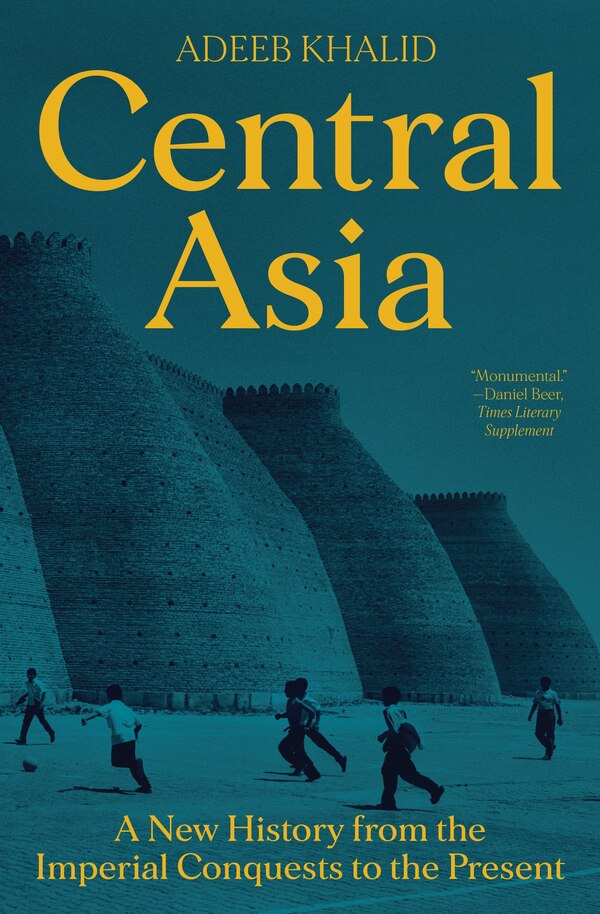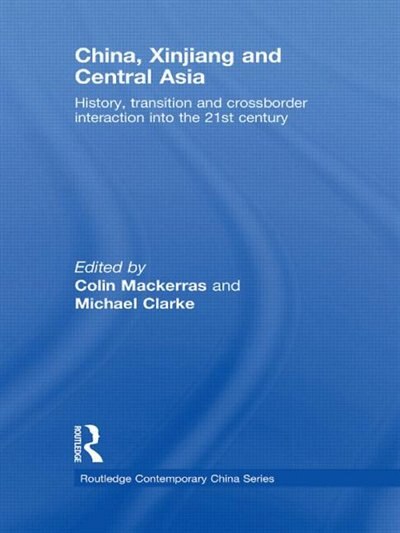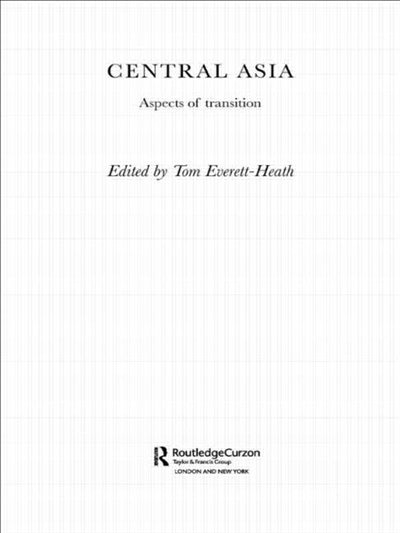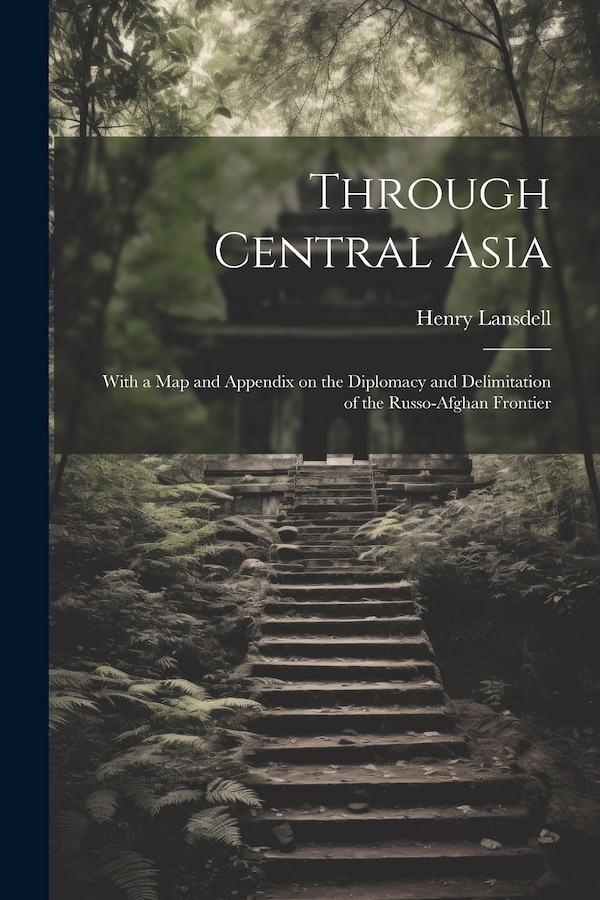Home
Long War In Central Asia by Daniel Ruder, Paperback | Indigo Chapters
Loading Inventory...
Indigo
Long War In Central Asia by Daniel Ruder, Paperback | Indigo Chapters
From Daniel Ruder
Current price: $59.00


Indigo
Long War In Central Asia by Daniel Ruder, Paperback | Indigo Chapters
From Daniel Ruder
Current price: $59.00
Loading Inventory...
Size: 0.14 x 9.69 x 0.31
*Product information may vary - to confirm product availability, pricing, shipping and return information please contact Indigo
One of the effects from the September 11th terrorist attacks was an intensified United States strategic partnership with the Central Asian states. Geographically, Central Asia is critical to the GWOT. In support of Operation Enduring Freedom (OEF) in neighboring Afghanistan, many of the Central Asian states provided over-flight access, including basing rights at Kyrgyzstan's Manas Air Base and Uzbekistan's Karshi-Khanabad (K2) air base. Partnership with Central Asian states afforded the United States the strategic and operational freedom of action to win in Afghanistan. After more than four years of an intensified U. S.-Central Asian partnership, regional stability in Central Asia is still threatened by Islamic extremism. Central Asian leaders have argued against liberal reforms in fear of Islamic extremist threats to foment more rebellions. Once such threat is the Hizb-ut-Tahrir, a transnational, radical Islamist political movement that aims to overthrow a Central Asian government and restore the Islamic Caliphate. The problem is that Hizb-ut-Tahrir is gaining popularity in Central Asia. The monograph's thesis is that the Central Asia region is at risk of devolving into a major front in the GWOT in the long-term if the United States fails to use its influence to counter the Islamic extremist threat presented by Hizb-ut-Tahrir (Islamic Party of Liberation). The question this monograph answered was: can the Hizb-ut-Tahrir's ideology form the basis for a destabilizing collective movement in Central Asia? The answer was yes. To counter the growing threat from Hizb-ut-Tahrir, the following U. S. and Central Asian government responses were proposed: 1. Diminish Hizb-ut-Tahrir's political space by opening up the political process. 2. Win the strategic communication battle. Employ media resources to disseminate positive values of religious understanding. The United States should incorporate Central Asia into public diplomacy statements on political and socio-economic reform | Long War In Central Asia by Daniel Ruder, Paperback | Indigo Chapters















